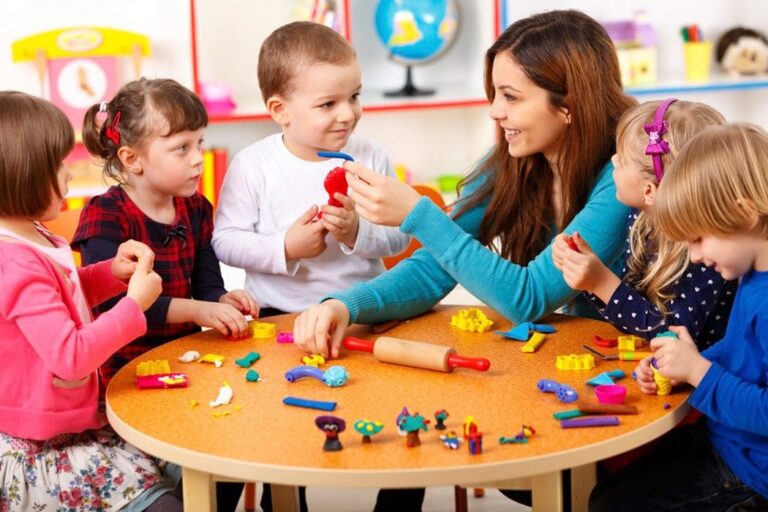Day care programmes serve as crucial stepping stones for primary school children aged 7-12 years. These structured environments provide the perfect platform for developing essential literacy skills. Quality day care (安 亲 班) centres focus on creating reading-rich atmospheres that support academic growth.
Building Vocabulary Through Daily Interactions
Children in day care settings encounter new words through guided conversations and structured activities. These interactions expand their vocabulary naturally whilst building confidence in communication. The daily exposure to diverse language patterns helps strengthen their understanding of word meanings and usage.
Structured Reading Activities That Make Learning Fun
Premium day care programmes incorporate engaging reading sessions that capture children’s attention. These activities range from group story time to individual reading practice sessions. The structured approach ensures that each child receives appropriate support based on their current reading level.
Creating Print-Rich Environments
Day care (安 亲 班) centres surround children with books, labels, and written materials throughout their spaces. This constant exposure to print helps children understand that reading is part of everyday life. The environment becomes a natural teacher that reinforces literacy concepts continuously.
Developing Phonemic Awareness Skills
Sound Recognition and Letter Patterns
Children learn to identify different sounds and their corresponding letters through systematic practice. Day care educators use games and activities to make phonemic awareness development enjoyable. These foundational skills prepare children for more advanced reading challenges in their academic journey.
Word Formation and Spelling Practice
Regular spelling activities help children understand how letters combine to form words. Day care programmes provide structured opportunities for children to practice writing and spelling. This hands-on approach reinforces the connection between spoken and written language.
Comprehension Skills Development
Understanding Story Structure
Children learn to identify key elements in stories such as characters, settings, and plot development. Day care (安 亲 班) programmes teach these concepts through interactive storytelling sessions. This understanding helps children become more engaged and thoughtful readers.
Critical Thinking Through Reading
Premium day care centres encourage children to think deeply about what they read. Questions about story meanings and character motivations help develop analytical skills. These discussions prepare children for higher-level thinking required in advanced academic settings.
Supporting Different Learning Styles
Visual Learning Approaches
Day care programmes incorporate visual aids like charts, pictures, and graphic organisers to support reading development. These tools help children who learn better through visual stimulation. The combination of text and images creates a more complete learning experience.
Kinesthetic Learning Opportunities
Active learning methods such as acting out stories and hands-on activities engage children physically. Day care (安 亲 班) centres recognise that movement can enhance learning for many children. These approaches make literacy development more dynamic and memorable.
Building Confidence and Reading Motivation
Celebrating Reading Achievements
Day care programmes acknowledge children’s reading progress through positive reinforcement and recognition. These celebrations build confidence and encourage continued effort in literacy development. The supportive atmosphere helps children develop a love for reading that lasts beyond their day care years.
Creating Positive Reading Experiences
Premium day care centres focus on making reading enjoyable rather than stressful for children. The emphasis on fun and exploration helps children associate reading with positive emotions. This foundation supports lifelong learning habits and academic success.
Preparing for Academic Success
Day care (安 亲 班) programmes bridge the gap between home and school learning environments. The literacy skills developed in these settings directly support classroom performance and academic achievement. Children who attend quality day care centres often demonstrate stronger reading abilities and greater confidence in their educational journey.
The investment in quality day care programmes pays dividends in children’s literacy development and future academic success. These structured environments provide the support and resources necessary for building strong reading foundations. Parents can feel confident that their children aged 7-12 years are receiving the literacy support they need to thrive.


Comments are closed.